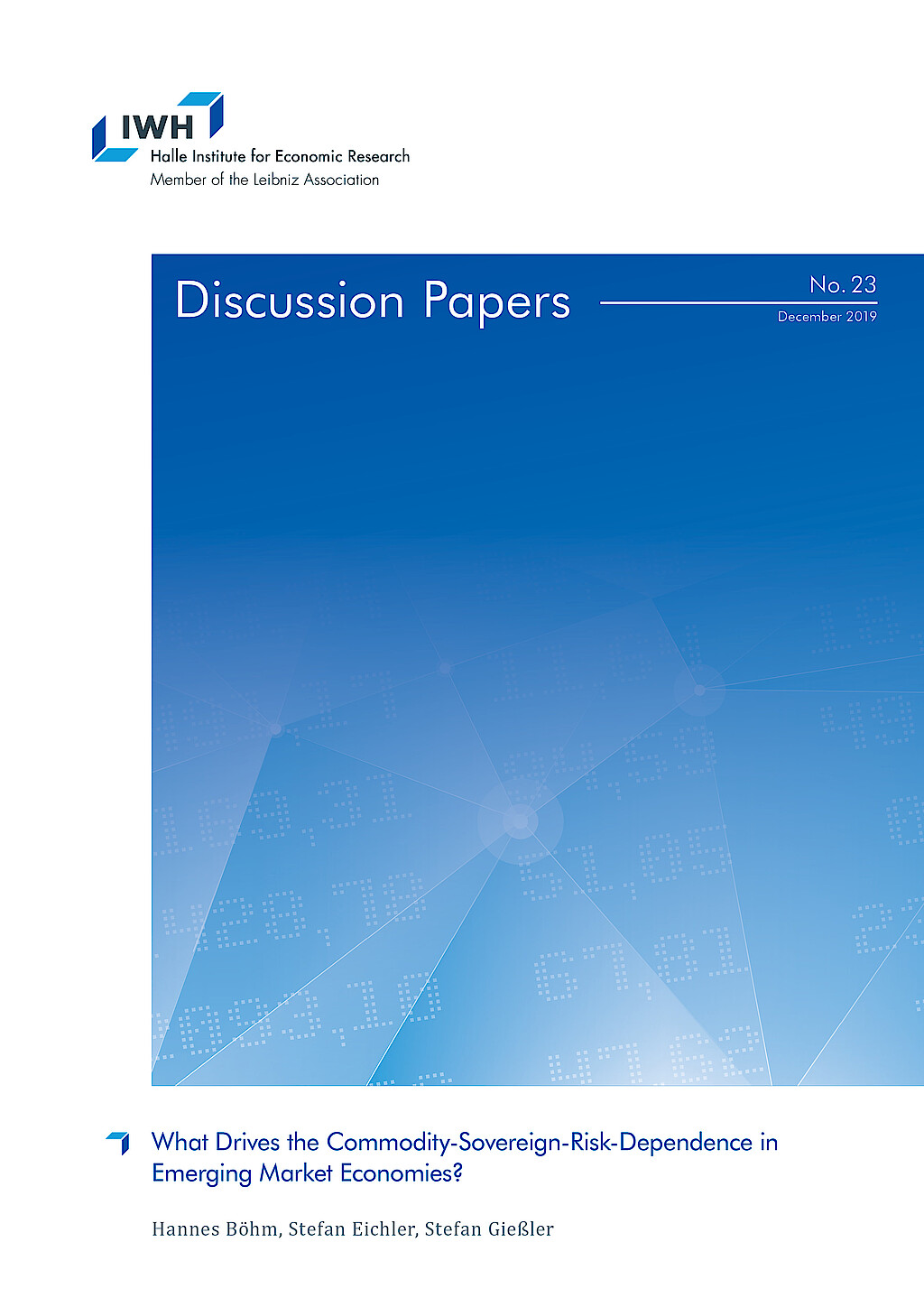
What Drives the Commodity-Sovereign-Risk-Dependence in Emerging Market Economies?
Using daily data for 34 emerging markets in the period 1994-2016, we find robust evidence that higher export commodity prices are associated with higher sovereign bond returns (indicating lower sovereign risk). The economic effect is especially pronounced for heavy commodity exporters. Examining the drivers, we find, first, that commodity-dependence is higher for countries that export large volumes of volatile commodities and that the effect increases in times of recessions, high inflation, and expansionary U.S. monetary policy. Second, the importance of raw material prices for sovereign financing can likely be mitigated if a country improves institutions and tax systems, attracts FDI inflows, invests in manufacturing, machinery and infrastructure, builds up reserve assets and opens capital and trade accounts. Third, the concentration of commodities within a country’s portfolio, its government indebtedness or amount of received development assistance appear to be only of secondary importance for commodity-dependence.





